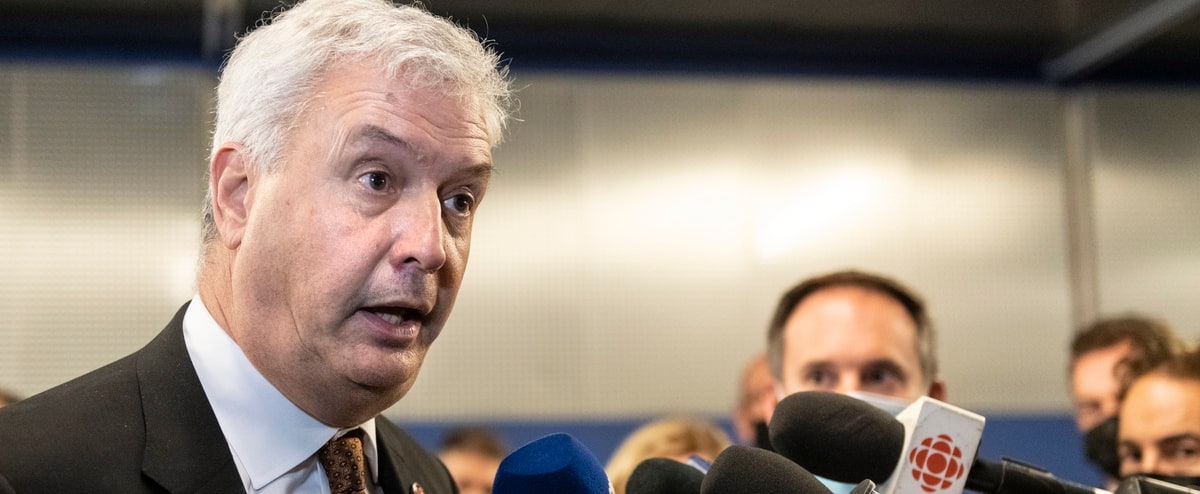In all the outcry of indignation raised by the Rhodesian arrogance of the CEO of Air Canada, a rare voice has been raised to rejoice. It is that of former Prime Minister Pauline Marois.
“It’s a good deal, after all,” she told me in an interview with Bilan on Friday, adding that she hoped the Rousseau case would get Quebeckers out of their indifference to the Frenchman’s future.
“This event is perhaps a kind of shock to make us understand that if we do not fight, that if we do not stand up and that if there are no concrete actions to ensure that ‘we speak French in our metropolis, what happens with someone like Mr. Rousseau will happen. “
Indeed, the proposal is attractive, even reassuring.
But can we really imagine that there will be a before and an after?
Nothing is less sure.
To evoke an electric shock, Quebeckers would have to be ready to mobilize. Recent political history shows rather the opposite.
The goat and the cabbage
Take Bill 96 on the overhaul of the Charter of the French language.
The Legault government was careful not to extend Bill 101 to CEGEPs, thus evoking a “reasonable compromise” in the protection of French.
See, he’s got hold of the heart of our perpetual ambivalence.
Francophones want strong action to protect French, but not at the cost of having difficult debates, and especially not at the cost of taking risks.
As if fair to see the government act, cast a wide net, raise the concern of the English-speaking community was enough to reassure us that “everything will be fine.” “
This is probably the reason why François Legault will succeed in giving teeth to Bill 101, where the government of Pauline Marois had failed. Having renounced sovereignty, he is less suspect.
Collective responsibility
It is so easy to be outraged. So easy to listen to the candid arrogance of Michael Rousseau on repeat.
Of course, anger is therapeutic. A salutary balm for the feeling of collective powerlessness in the face of the steamroller of English, its economic and cultural engines.
Nonetheless, a heartbreaking defeatism inhabits our relationship with language.
We have given up on leaving a business or a restaurant where it is difficult to be served in French. We switch to English as soon as a colleague or interlocutor struggles to use Molière’s language.
And what about the poor quality of French that we hear every day? We take offense at its decline, but we are incapable of cherishing it to the point of speaking it well. Worse ? We find that the French exam at the end of college is too difficult!
It is this comfort, this collective laziness that threatens French, much more than the arrogance of an Air Canada CEO.
All the bills in the world will remain powerless to save our language until it becomes a collective priority.


